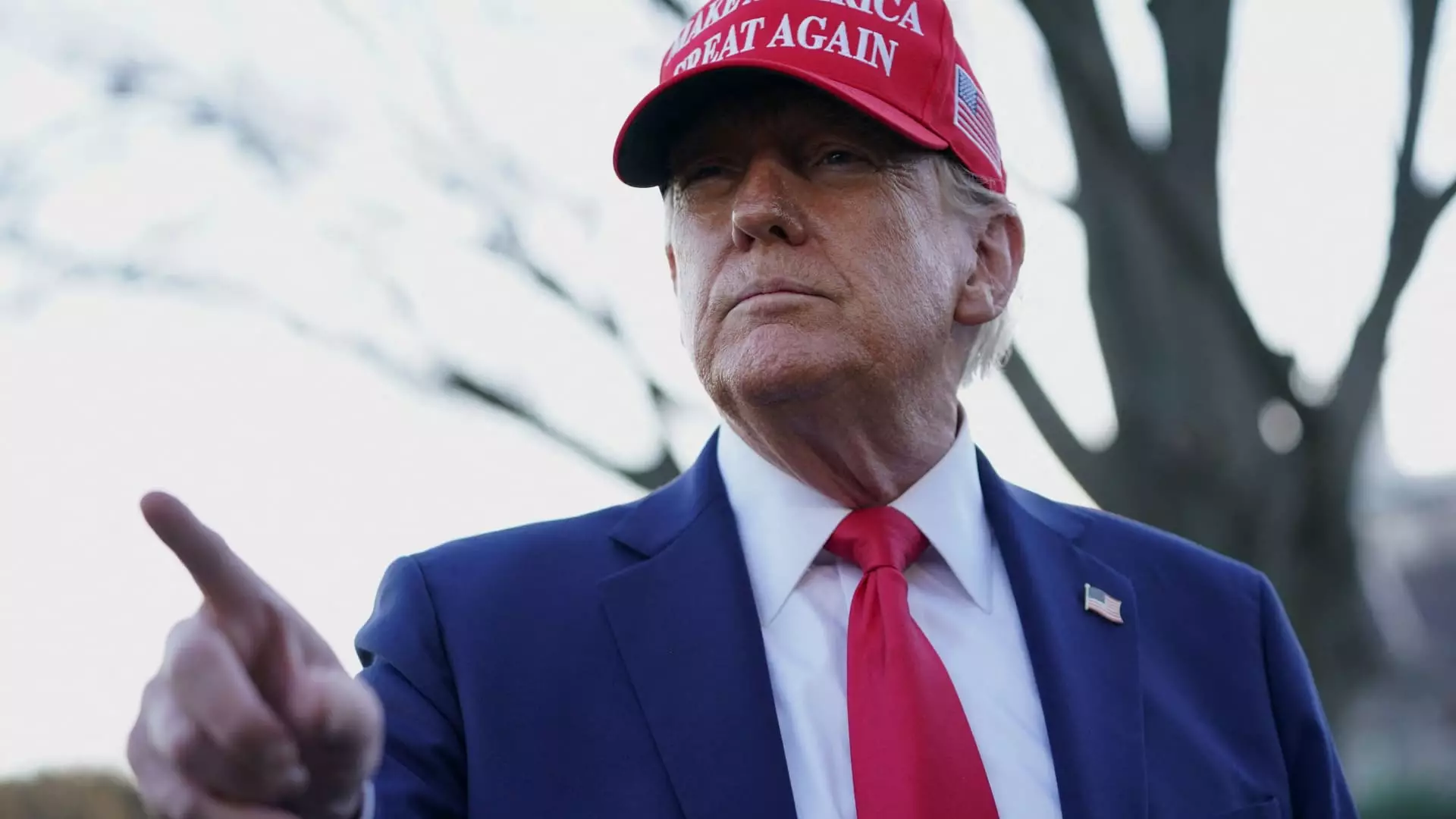In a dramatic turn of events, the Trump Organization has initiated legal action against Capital One, claiming the bank unjustly closed over 300 accounts. This case not only raises eyebrows due to its contentious nature but also exemplifies a broader concern—whether financial institutions can wield political power in ways that threaten the very tenets of free speech and enterprise in America. The implications of this lawsuit stretch far beyond the specifics of the Trump Organization, highlighting how businesses may face repercussions not merely for their actions, but for their affiliations and beliefs.
The Fallout from January 6
Understanding the context of this lawsuit requires us to revisit the aftermath of the insurrection at the U.S. Capitol on January 6, 2021. This date marked a significant point in modern American history, where polarized political tensions culminated in violence. The Trump Organization alleges that Capital One’s decision to close their accounts came as a response to a prevailing political climate that favored disassociating from Trump. In doing so, they seem to imply that the bank’s actions were an overreach—a politicization of banking services that should remain neutral and not subject to public mood swings.
Both sides in this controversy are wielding charged rhetoric. While the Trump Organization claims victimhood—arguing that these closures are part of a “woke” culture seeking to cancel conservative voices—Capital One firmly states that its motivations are purely operational, dismissing allegations of political bias. This situation raises a critical question about the responsibilities of financial institutions: Should their operations align with societal and political expectations, or should they remain steadfastly neutral?
The Principle of Economic Freedom
This legal battle encapsulates a fundamental dilemma in American society. On one hand, we uphold the principle of economic freedom, which should entail the right of companies to operate in ways that align with their values, including financial institutions. On the other hand, there lies a responsibility for these entities to engage ethically with all customers, irrespective of political affiliations. Eric Trump’s statement likening the account closures to an attack on free speech evokes a sense of urgency in the ongoing debate about censorship and economic reprisals for political beliefs.
It is hardly surprising that this lawsuit quickly gained traction; it symbolizes a striking moment where personal and corporate liberties collide. If banks are to act as gatekeepers to financial resources, the risk arises that they might wield this power to silence dissenting voices. The stakes are particularly high as businesses find themselves navigating a landscape increasingly characterized by social pressure to conform to popular political sentiments.
A Call for Reflection
As this case unfolds, one must consider the broader implications of its outcome. Will the courts uphold the ability of financial institutions to act based on their interpretation of societal values? Or will they mandate that these entities remain apolitical, serving all clients equally? The balance is delicate; every decision shapes the dialogue around who gets to participate in our economy and, ultimately, who gets a voice in the American discourse.
This situation urges us to question the extent to which political beliefs should shape our interactions with commerce and financial services. In an era where every action feels fraught with political significance, can we protect our constitutional rights without sacrificing economic freedom? The answer isn’t straightforward—yet, it is essential we strive for a resolution that honors both values equally.

Leave a Reply